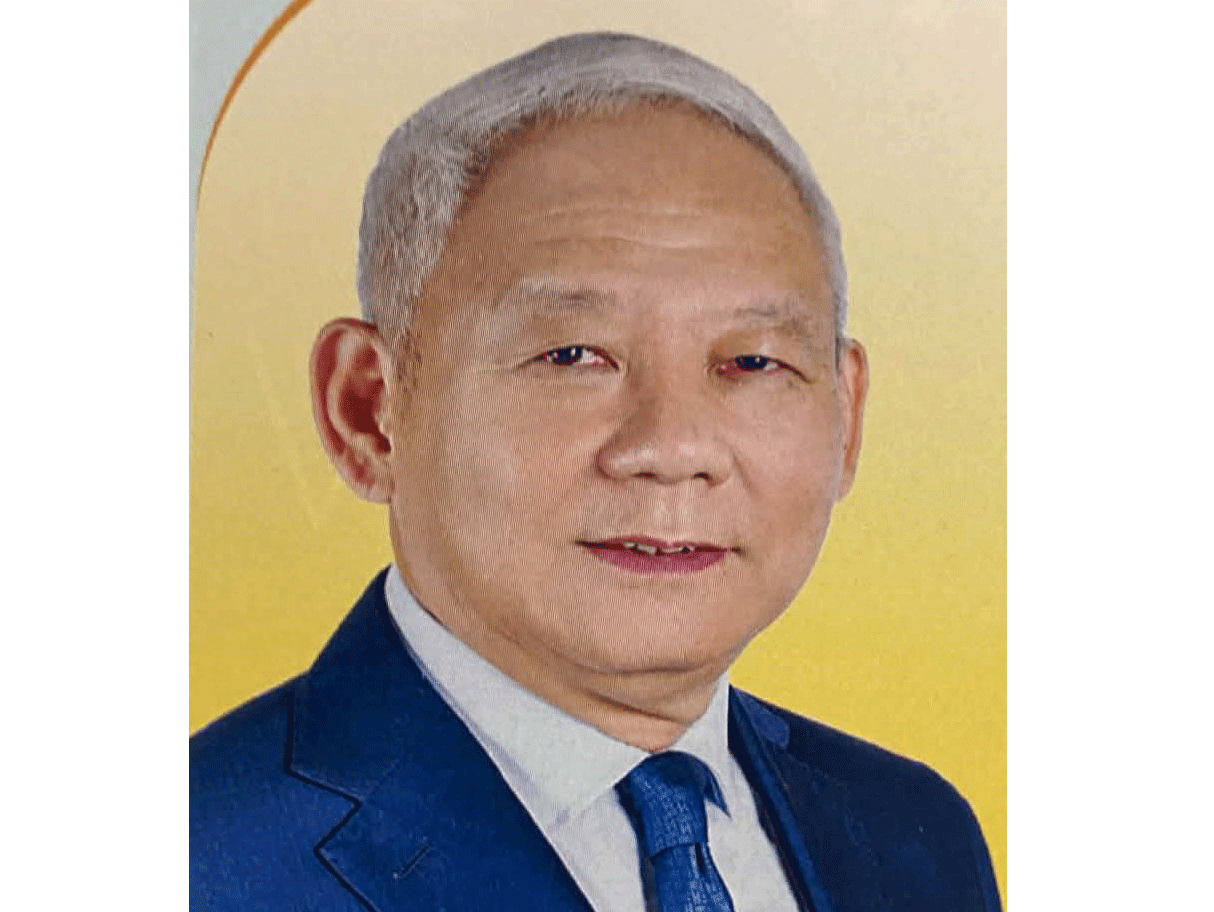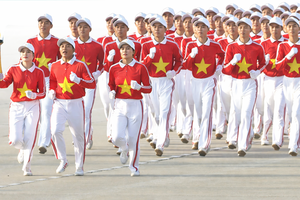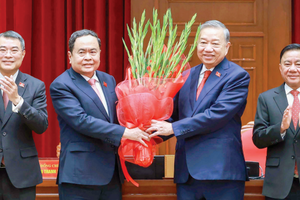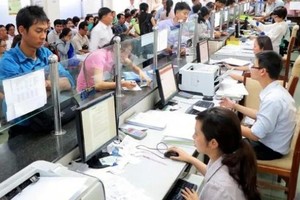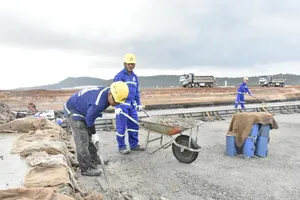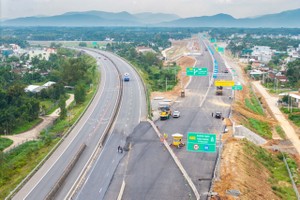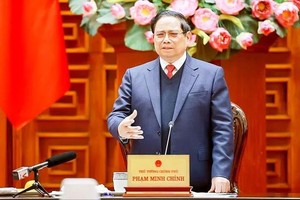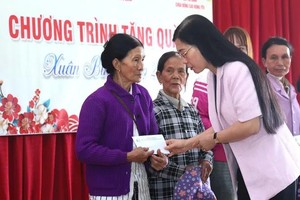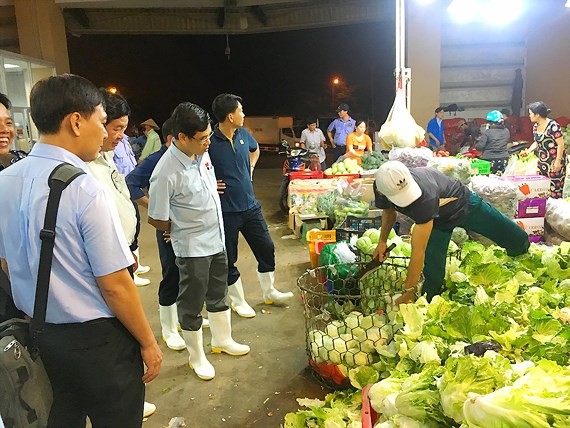
By late 2017, there are around 8,539 markets in the country and 75 percent of which are located in countryside districts. Most of them are retail markets while there are merely 83 wholesale markets making up 0.97 percent of total.
Wholesale markets are formed and located in residential areas and clusters which are road traffic links with developed infrastructure or concentrated agricultural production.
Specifically, the northern province of Thanh Hoa and the central province of Quang Binh both have 11 markets each while Hanoi with six markets, HCMC, the Mekong delta provinces of Dong Thap, Tien Giang and the northern province of Nam Dinh each has three markets, the northern province of Hung Yen with four markets; most of them sell agro-products.
Tran Duy Dong, head of the domestic market agency under the ministry, said wholesale markets play vital role in socioeconomic development in each locality particularly and the country generally.
Markets supply essential commodities such as food, foodstuff products, and consumer products to satisfy people’s demand as well as offer employment to locals and help increasing state budget.
However, wholesale markets have several remaining including poor facility and sluggish management model; plus repair work facing difficulties. Besides, inspectors find it hard to trace back the origin of food and firefighting and hygiene in wholesale are not as clean as expected.
According to Mr. Bui Ba Chinh, Head of the National Bar Code Center of Vietnam under the Ministry of Technology and Science, food safety is the most important for the wholesale markets’ growth because they distribute agro-products; hence, enterprises should take heed to register their own tool code and bar code which will help consumers trace back the origin of food.
Additionally, many nations require tool code and bar code; therefore, agro-produce with bar code will have more chance for export.
Manager of Spain’s Mercasa Ricardo Lopez Pietsch who are managing 23 wholesale markets in his country said that his company brought farmers to wholesale market in special developed-agricultural districts which helps farmers to understand clearly about market demand; accordingly, they will grow high quality products which meet consumers’ demand. Market system in Spain have freezers and warehouses as well as retail sections.
Merchants and assistants in wholesale are trained regularly; besides, they receive periodical medical check-up. Vets also pay visits to the markets to ensure food safety.
Mr. Dong said that for wholesale markets’ development, it needs to perfect mechanism and policy to call for investment in markets. Last but not least, wholesale markets must be built in huge areas with good facilities to attract people and there are different payment ways.
